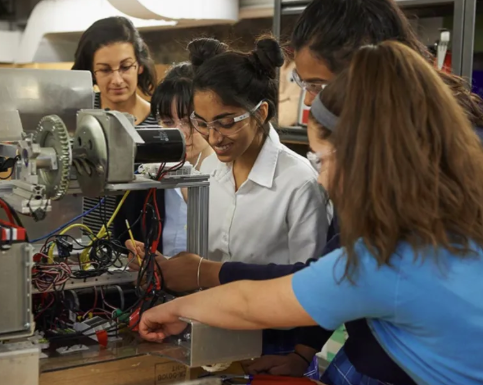The growing participation of women in STEM (Science, Technology, Engineering, and Mathematics) fields marks a positive shift in higher education. Encouraging women to pursue studies and careers in these traditionally underrepresented areas strengthens innovation, equity, and academic excellence. Higher learning institutions play a pivotal role in creating environments where women in STEM can thrive.
Access to higher education opportunities in STEM begins with inclusive outreach, mentorship, and support systems. Universities and colleges are increasingly offering scholarships, workshops, and programs aimed at engaging young women in science and technology from an early stage. These initiatives help bridge gaps in participation and inspire future leaders in the STEM disciplines.
Representation matters. When female students see successful role models—professors, researchers, and industry professionals—they are more likely to envision themselves in similar positions. Institutions that prioritize diverse faculty hiring and inclusive research opportunities create a more welcoming environment for all learners.
Beyond enrollment, fostering a sense of belonging is key to retaining women in STEM programs. Academic advising, peer support groups, and leadership development workshops can empower students to overcome challenges and stay motivated. Providing platforms for women to showcase their work through conferences and publications further reinforces their role in shaping the future of STEM.
By supporting women in STEM through equitable access to higher learning, educational institutions are contributing to a more balanced and dynamic academic community. As more women succeed in these fields, the benefits extend far beyond campus—fueling innovation, problem-solving, and progress in society at large.














